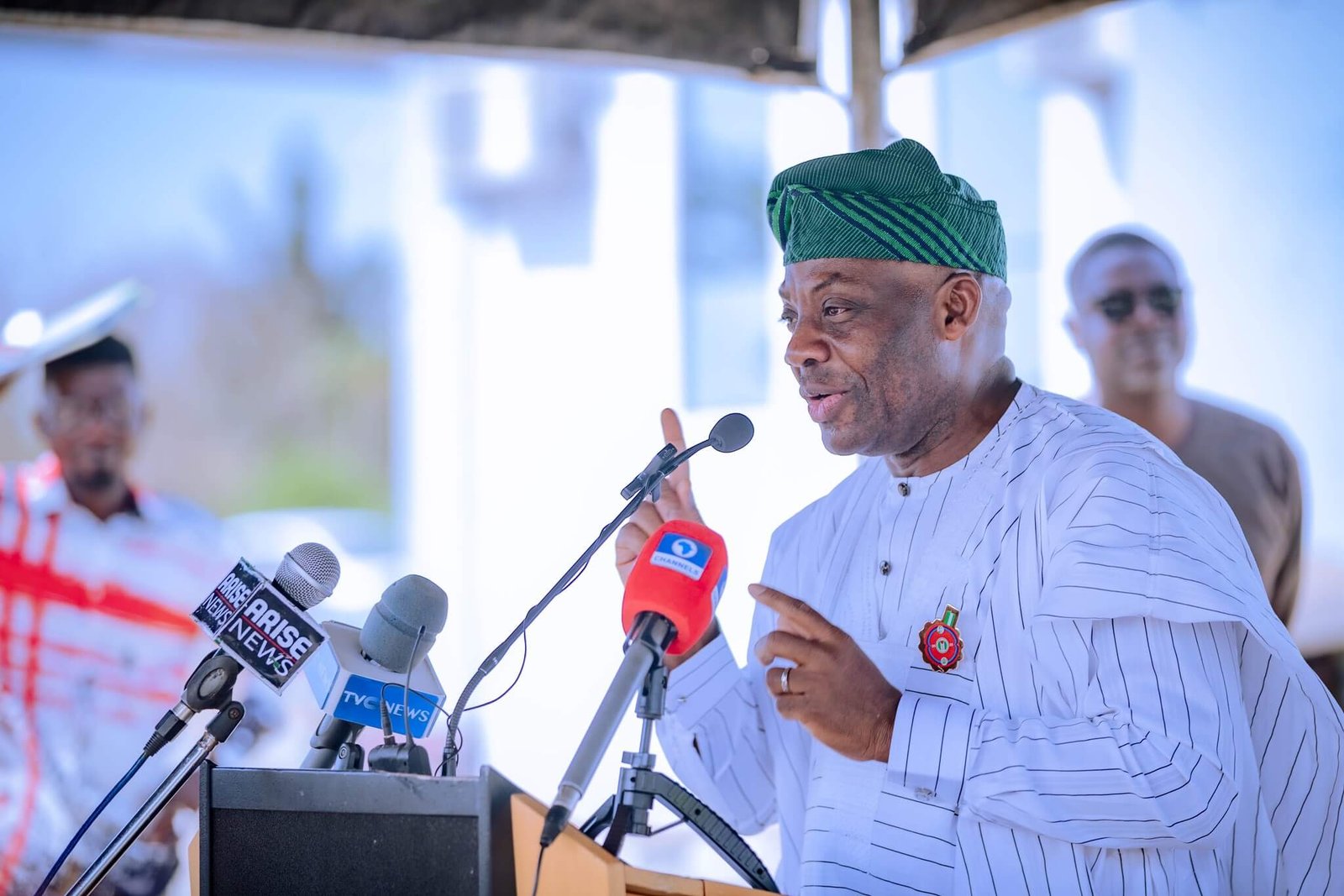FG has dropped mathematics requirement for Arts and Humanities students seeking university admission.
NewsOnline Nigeria reports that the Federal Ministry of Education has announced a major reform in Nigeria’s tertiary admission policy, declaring that senior secondary school students in the Arts and Humanities will no longer be required to obtain a credit pass in Mathematics in the Senior School Certificate Examination (SSCE) to qualify for admission into universities and polytechnics.
For decades, all admission seekers regardless of their chosen discipline were required to secure at least five credits, including English Language and Mathematics, before being considered for entry into higher institutions.
ALSO: Tinubu Officially Nominates New INEC Chairman, Seeks Senate Approval
According to a statement issued on Tuesday by the Ministry’s spokesperson, Folasade Boriowo, the new directive is captured in the revised National Guidelines for Entry Requirements into Nigerian Tertiary Institutions, designed to “remove unnecessary barriers while maintaining academic standards.”
The reform applies across universities, polytechnics, colleges of education, and Innovation Enterprise Institutions nationwide.
Revised Minimum Entry Requirements
-
Universities: Minimum of five credit passes in relevant subjects, including English Language, obtained in not more than two sittings. Mathematics remains compulsory only for Science, Technology, and Social Science courses.
-
Polytechnics (ND Level): Minimum of four credit passes in relevant subjects. English is compulsory for non-science courses, while Mathematics is required for science-based programmes.
-
Polytechnics (HND Level): Minimum of five credit passes, including English Language and Mathematics.
-
Colleges of Education (NCE Level): Minimum of four credit passes in relevant subjects. English is mandatory for Arts and Social Sciences, while Mathematics is required for Science, Vocational, and Technical programmes.
Minister of Education, Dr. Tunji Alausa, said the decision was aimed at expanding access to tertiary education, especially for students whose career paths do not require advanced numeracy skills.
He added that the policy aligns with the government’s broader goal of promoting inclusivity and reducing bottlenecks in Nigeria’s education system.
